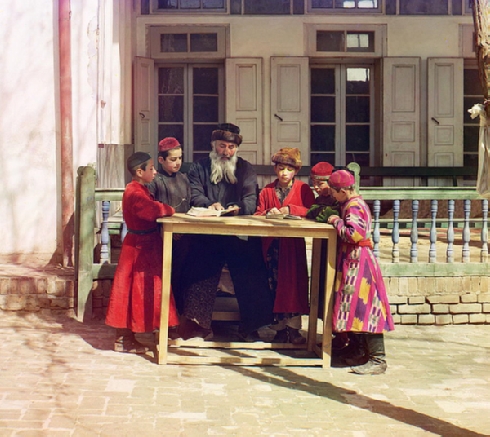Conclusion
The Russian authorities treated the Chalah in the same manner as they did the Bukharan Jews. Prior to 1910, the Chalah who had secretly emigrated from Bukhara, as well as the Jews who were Bukharan subjects, wee allowed to remain in Russian territory, although this was an exception to the law regarding Jewish immigrants. After 1910, however, these Chalah, as well as the Jews who were Bukharan subjects, began to be evicted from the cities of Turkestan. Tragedy was averted only through the intervention of the Russian press and consequent fears on the part of the Russian administration that the execution of the Chalah in Bukhara received no support from the Russian administration, although it controlled the activities of the emirate. Forced conversions of Jews to Islam continued in Bukara while all Chalah requests for Russian citizenship were turned down by the authorities.
As a result of the long time Muslim domination of Bukhara, the Chalah who lived there gradually lost all connection with Judaism. It is known that, after the conquest of the Bukhara emirate by the Red Army in 1920, many Chalah did not return to Judaism.(85)(85) Pinhasi, Yehudei bukhara, p. 13.

